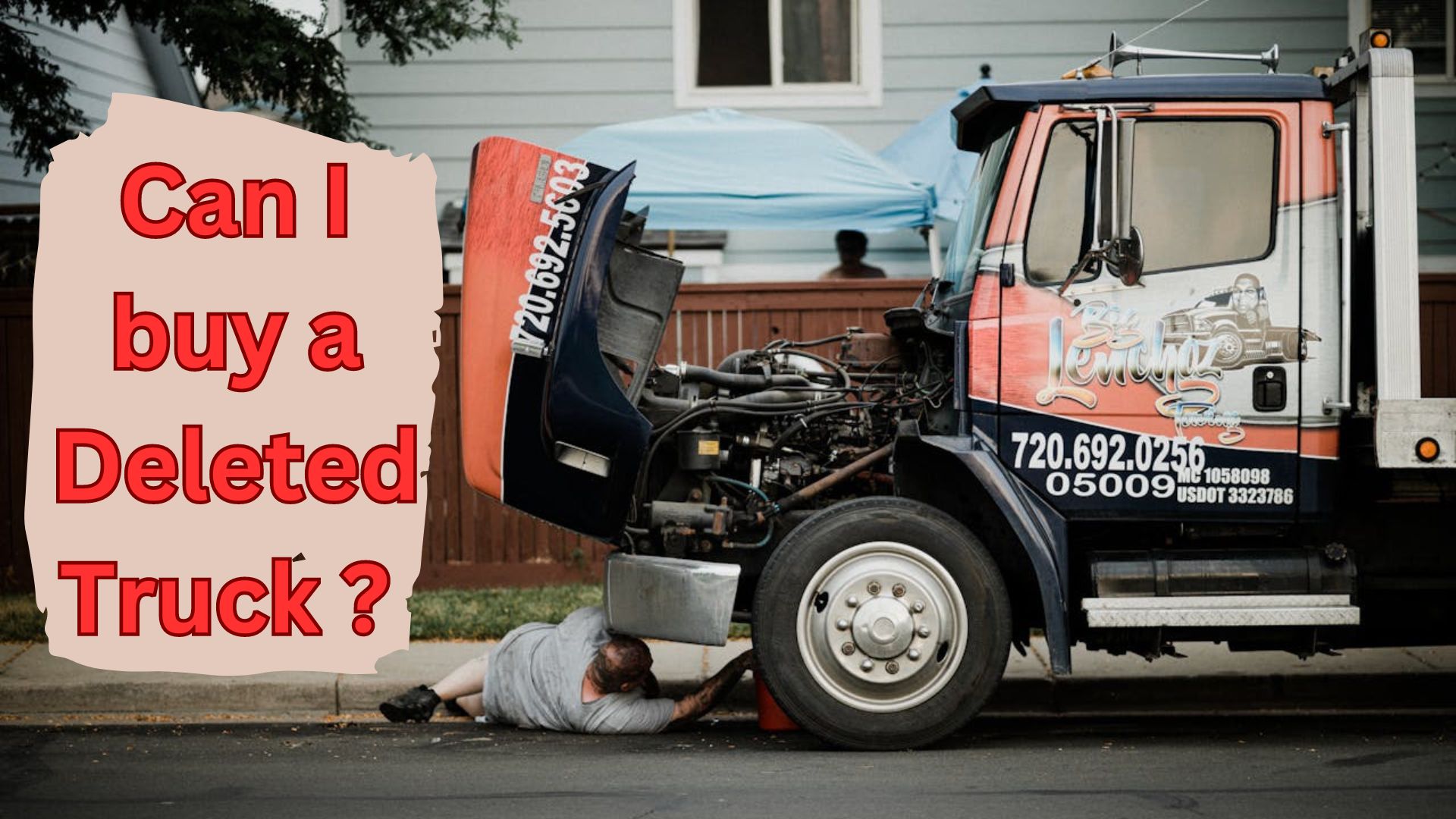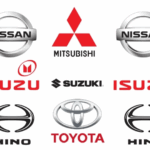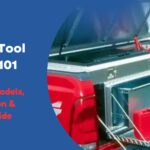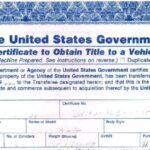Thinking about buying a diesel truck? Then you might probably come across trucks advertised as “deleted” – a term that sparks curiosity and controversy among buyers.
On the surface, these trucks promise better performance, fuel efficiency, and lower maintenance costs, but there’s a catch.
Is it actually legal to buy a deleted truck? And what risks do you face if you get caught with a deleted truck?
In this article, we’ll answer these questions and more, giving you the clarity you need before making that purchase.
What Is a Deleted Truck?
A deleted truck is typically a diesel vehicle that has had its emissions control systems, such as the Diesel Particulate Filter (DPF), Exhaust Gas Recirculation (EGR) valve, or Selective Catalytic Reduction (SCR) system, removed or disabled.
These components are designed to reduce the harmful pollutants that a truck emits into the environment.
Removing these systems can lead to performance gains, better fuel efficiency, and reduced maintenance costs.
However, it’s important to understand that deleting a truck’s emissions systems violates federal laws and many state regulations because it drastically increases the vehicle’s emissions.
The Engine Control Unit (ECU) is usually reprogrammed during the delete process to make the truck run as if these systems were still in place.
This is called “tuning” the truck and allows it to bypass error codes or other problems caused by missing emissions components. But while this may sound appealing to truck owners, it comes with significant risks.
How Can You Tell If a Truck Is Deleted?
If you’re shopping for a used diesel truck, knowing whether the vehicle has been deleted is crucial. Here are a few ways to check whether the vehicle you are looking for is deleted or not.
- Ask the Seller Directly
The easiest way is to ask the seller upfront if the truck has been deleted. A reputable seller should be transparent about any modifications. If they seem evasive or unsure, that could be a red flag. - Look Under the Hood
Visually inspect the engine bay. Emissions components like the DPF, EGR valve, and SCR system should be present. If any of these parts are missing or look tampered with, the truck has likely been deleted. - Check the Exhaust
The absence of a Diesel Particulate Filter (DPF) in the exhaust system is a strong indicator of deletion. If the truck emits more visible smoke than normal or has a different exhaust sound, these could be signs that the emissions system has been tampered with. - Use an OBD Scanner
Many deleted trucks are tuned to suppress warning lights and codes that would typically indicate missing emissions systems. However, an On-Board Diagnostics (OBD) scanner can reveal if the truck’s ECU has been reprogrammed or if emissions systems are malfunctioning. - Get a Professional Inspection
If you’re not familiar with truck components, consider hiring a mechanic or dealership to perform a thorough inspection before purchase. They can confirm if the truck’s emissions systems are intact and functioning properly.
Is It Illegal to Buy a Deleted Truck in 2025?
The short answer is: it depends on where you live and how the truck will be used. In the United States, federal laws under the Clean Air Act prohibit tampering with or removing emissions control systems.
However, buying a truck that’s already been deleted isn’t technically illegal for private buyers. The illegal part comes with operating a deleted truck on public roads.

If you purchase a deleted truck and plan to drive it in a state with emissions testing (like California or Texas), you might face serious problems.
Deleted trucks won’t pass emissions inspections, and you could be unable to register the vehicle. Even if the seller claims the truck runs fine, it’s your responsibility to ensure the vehicle complies with local and state regulations after purchase.
It’s also worth noting that some sellers attempt to restore emissions systems before selling a deleted truck, but this process can be expensive and may not fully return the truck to compliance.
Learn more about the EPA Clean Air Act and its regulations on the EPA’s official page.
What Happens if You Get Caught with a Deleted Truck?
Many truck enthusiasts and even some online influencers or internet gurus may advocate for deleting a truck to gain better performance, fuel efficiency, or save on costly maintenance.
However, there are significant legal implications to be aware of before purchasing or considering a deleted truck.
Getting caught with a deleted truck can lead to various legal and financial consequences, especially in states with strict emissions testing. Here’s what could happen:
- Failed Inspection
In many states, your truck will need to pass an emissions test before it can be registered or re-registered. Deleted trucks typically fail these tests, which means you won’t be able to legally drive the vehicle until it’s fixed. The cost of reinstalling emissions control systems can be thousands of dollars. - Fines and Penalties
If law enforcement catches you driving a deleted truck, you could face hefty fines. The Environmental Protection Agency (EPA) enforces federal emissions laws and has issued substantial fines to individuals and businesses caught tampering with emissions systems. - Legal Action
While rare for private individuals, repeated violations or operating multiple deleted trucks could lead to more severe consequences, including potential criminal charges, depending on your state’s laws. - Repairs and Reinstallation
Fixing a deleted truck to pass emissions tests can be expensive. Reinstalling a DPF system alone can cost between $1,000 and $5,000, not including the labor for reprogramming the ECU to restore factory settings. These costs can easily exceed $10,000 if the truck was heavily modified.
For more details on the legal consequences of tampering with emissions systems, check out the EPA’s enforcement page.
Is It Worth Buying a Deleted Truck?
Buying a deleted truck may seem tempting due to the performance and cost-saving benefits, but it comes with substantial risks. Here’s a breakdown to help you decide if it’s worth it:
- Short-Term Gains: As explained in this video you might enjoy a boost in horsepower, better fuel efficiency, and fewer emissions-related maintenance issues.
- Long-Term Risks: Deleted trucks fail emissions tests, face potential fines, and may need costly repairs to become road-legal again.
If you plan to use the truck for off-road purposes only, you may not face the same legal risks. However, if you plan to drive it on public roads, it’s a risky investment that could lead to more expenses in the long run.
Alternatives to Deleted Trucks
Instead of buying a deleted truck, consider these legal alternatives that offer performance improvements without the legal hassle:
- Upgrading the Air Intake System
A performance air intake can boost power and improve fuel efficiency without affecting emissions. - Performance Exhaust Systems
Consider installing an upgraded exhaust system that complies with emissions standards. These systems improve engine performance while staying legal. - Legal ECU Tuning
Opt for legal ECU tuning that enhances engine performance within the limits of emissions regulations.
Key Takeaways
While buying a deleted truck might not be illegal in itself, operating one on public roads can lead to significant legal and financial trouble. You risk fines, failed inspections, and expensive repairs to reinstall emissions systems.
Therefore, before buying a truck, always check for signs of deletion and weigh the short-term benefits against the long-term risks.
In summary, while there are tempting benefits to owning a deleted truck, the legal and financial risks should not be overlooked. Proceed with caution and always do so at your own risk.
Also Read….
- How to Choose and Buy a Japan Lorry in 2025 – Brands, Popular models, and Buying Guide.
- Can I Drive After a Root Canal? Here is My Personal Experience & Expert Medical Advice
- Do You Go to Jail for Driving Without a License? Understanding the Legal Consequences
- Top 10 Lorry Tool Boxes that you can buy in 2025
- Lost My Car Title What Do I Do? A Complete Guide





